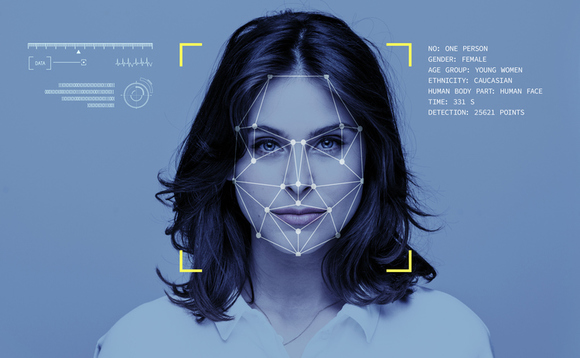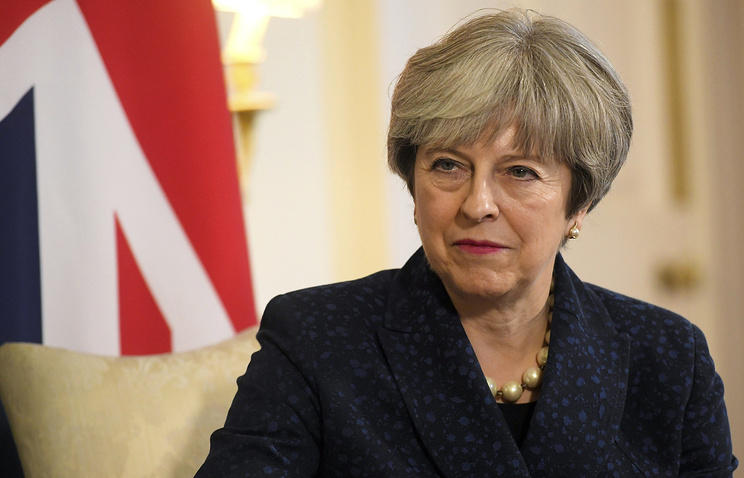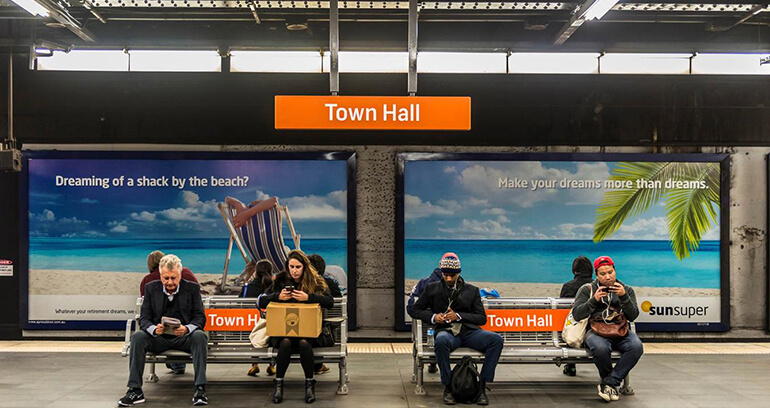The Contention
The use of facial recognition technology by UK police was challenged in court by Ed Bridges for breaking human rights law. He claims that South Wales Police scanned him in 2018 at a peaceful anti arms trade protest and even while shopping for Christmas before that without any warning or consultation. UK police is known to have put the face recognition technology to trial in many parts of the country. He argued that the use of such a surveillance tool was unlawful as it violates his privacy. His lawyers told the court in Cardiff that police monitor people’s activity without asking for the consent. Since the biometric data of general public is captured by automatic facial recognition tool, the data protection and privacy are at stake. Mr. Squires, the legal counsel of Mr. Bridges told the court that the article 8 of human rights act and data protection act are violated by police since they perform such a large scale processing of people’s data without asking for a consent. Mr. bridges wrote on a fundraising website that the public should have been consulted before starting such a trial on face recognition. Many people have come out in support of the demand for saving the right to privacy and have asked the court to declare it as an unlawful practice.
The Automatic Face Recognition scans faces from the footage of live camera and compares the result with a watch list of images from the database set up by police. The court was informed that the trials for the face recognition tool by the police forces began in May 2017 and since then South Wales police had deployed such cameras 40 times and there was no end date that had been set for such trials.
Counter Argument
The force on their hand counter argued that AFR did not violate any privacy or data protection rights as the data is not retained permanently for those who do not match with their watch list and it keeps the footage from CCTV cameras for a period of 31 days. It is same as photographing a person in public argues the force. The chief constable of South Wales Police also believed that it is a complex legal and ethical issue and any guidance from the court would be welcomed by the force. Jeremy Jhonson QC will present the case on behalf of the forces.
Lopsides
It has been known that in 96% of scans of public were misidentified as criminals by London Metropolitan Police which is also facing a legal challenge in court. There have been reports that facial recognition software misidentified some ethnic minorities and women, and a man was fined in London only because he had covered his face in public. He also raised 6000 pounds for the judicial review. The FCR trials in London also had huge costs involved amounting to more than 2 lakh pounds which in itself demands a probe by Information Commissioner.





















